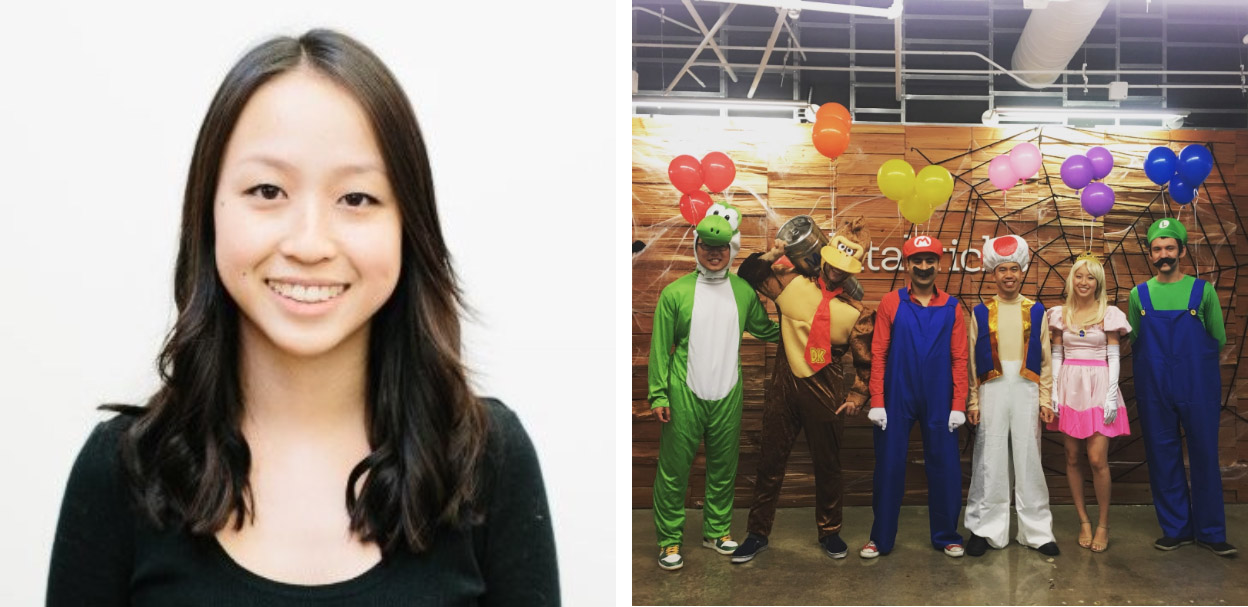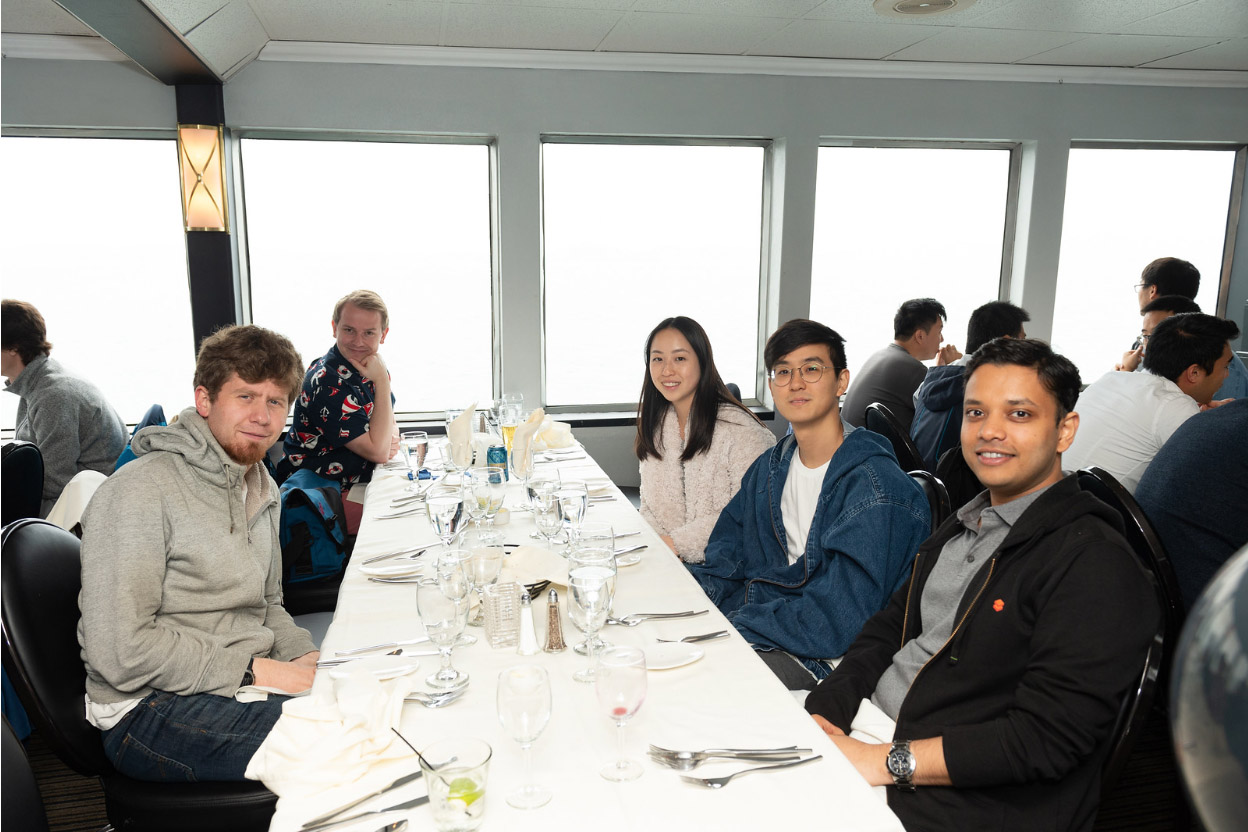Employee Spotlight: Meet Alexandra

At Databricks, we build platforms to enable data teams to solve the world’s toughest problems and we couldn’t do that without our wonderful Databricks Team. “Teamwork makes the dreamwork” is not only a central function of our product but it is also central to our culture. Learn more about Alexandra Cong, one of our Software Engineers, and what drew her to Databricks!
Tell us a little bit about yourself.
I’m a software engineer on the Identity and Access Management team. I joined Databricks almost 3 years ago after graduating from Caltech, and I’ve been here ever since!
What were you looking for in your next opportunity, and why did you choose Databricks?
Coming out of college, I was looking for a smaller company where I could not only learn and grow, but make an impact. As a math major, I didn’t have all of the software engineering basics, but interviewing at Databricks reassured me that as long as I was willing and excited to learn from the unknown, I could be successful. Being able to help solve a wide scope of challenges sounded really exciting, as opposed to being at a more established company, where they may have already solved a lot of their big problems. Finally, every person I met during my interviews at Databricks was not only extremely smart, but more importantly, humble and nice - which made me really excited to join the team!
What gets you excited to come to work every day?
It’s really important to me to be always learning and developing new skills. At Databricks, each team owns their services end-to-end and covers such a wide breadth that this is always the case. It’s an additional bonus that any feature you work on is mission-critical and will have a big impact - we don’t have the bandwidth to work on anything that isn’t!
One of our core values at Databricks is to be an owner. What is your most memorable experience at Databricks when you owned it?
I’m part of our diversity committee because I’m passionate about creating an inclusive and welcoming environment for everyone here. We recently sponsored an organization at UC Berkeley that runs a hackathon for under-resourced high school students. Databricks provided mentorship, sponsored prizes, and I got to teach students how to use Databricks to do their data analysis. It was really rewarding to give back to the community, see high school students get excited about coding and data, and be able to encourage even just a handful of students to study Computer Science.
What has been the biggest challenge you've faced, and what is a lesson you learned from it?
The biggest challenge I’ve faced so far has been overcoming the mental hurdles growing into a senior software engineer role. Upon first understanding the expectations, I felt overwhelmed and the challenges seemed insurmountable, to the point where I became unmotivated and unhappy. Slowly I came to terms that I would have to take on uncomfortable tasks that would challenge me, and that I would inevitably make mistakes in the process. However, it was a necessary part of my growth and I would just have to tackle these challenges one at a time. This was difficult for me because I hate failing and would rather only do things when I know I will be successful. However, through this process, I’ve learned that I’ll grow so much more if I’m willing to make mistakes and learn from them.
Databricks has grown tremendously in the last few years. How do you see the future of Databricks evolving and what are you most excited to see us accomplish?
I see Databricks being used more and more by companies across many different domains. In an ideal world, Databricks will become the standard for doing data analysis. It might even be a qualification that data analysts list on their resumes! Of course, we have a lot of work to do if we want to get to that point, but I think the market opportunity is huge and I hope that we’ll be able to execute well enough to see that become a reality.
What advice would you give to women in tech who are starting their careers?
Advocate for yourself. This comes in various forms - negotiations, promotions, mentorship, leading projects, or even just talking with your manager about furthering your career growth. At times, I fell into the trap of assuming that my work would speak for itself, and that I didn’t need to do anything on top of that. I’ve since learned that even if it feels outside my comfort zone, I need to actively ask for more if and when I think I deserve it, because no one will be a better advocate for me than myself.
Want to work with Alexandra? Check out our Careers Page.
Never miss a Databricks post
What's next?

Culture
September 11, 2024/5 min read
2024 Fortune Best Workplaces in Technology™ recognizes Databricks

Culture
November 25, 2024/6 min read

